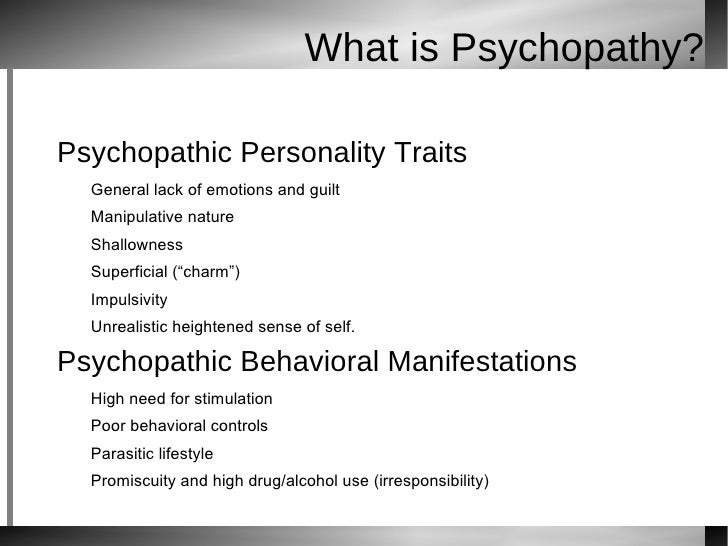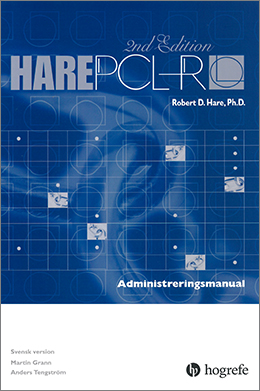

Projection is a well known defense mechanism in psychology and psychopaths use it to an extreme degree. They never take ownership for mistakes and blame is always projected onto the other person even against all reason and logic. Nothing is ever their fault, even when it clearly is.Watch out for this in toxic workplaces especially. They often play apathetic, easily influenced people off against good people in the sociopath-empath-apath dynamic. They can be very adept at “toxifying” the environment around them, getting other people thinking like them, acting like them, bullying like them (even supposed superiors who are meant to be managing them). ⦁Related to this, they are very good at manipulating and influencing others, particularly in workplace settings. They target anyone who may be intelligent and observant enough to spot them. They do not target mediocre or low quality individuals as there is nothing to envy in them and they can easily manipulate and control these types of people anyway. ⦁ As a caveat to this, they only target high quality, intelligent, empathic people. They are happy to switch targets if it suits but there is a relentless drive to cause trouble and disharmony and set other people against each other. ⦁ Constantly scheming and bitching against someone. ⦁ Chronically suspicious of others – always assuming the worst of you and manufacturing arguments and conflict even when that absolutely wasn’t your intention. They are inherently deceptive, dishonest people People of the Lie as M Scott Peck called them.

Often the lies they tell are white lies which don’t really affect anyone, but they still lie just for the sake of lying. They constantly tell lies, large and small. For them to gain, others must submit or lose. A self centred, zero sum view of the world. In other words, others must suffer, lose and be mistreated just so the psychopath (or narcissist) can gain or feel better. A relentless sense of entitlement, but at the expense of others.⦁ Whilst they may feel themselves, have no sense or feeling of your feelings – a complete lack of empathy and attunement to what you may be experiencing To correctly diagnose you must observe their behaviour over a long period of time, consult multiple resources and seek other feedback as well. We do NOT recommend falling into the trap of immediate diagnosis of someone troublesome in your life as a psychopath. If you notice quite a few of these traits in someone in your life then it is worth looking further into psychopathy and sociopathy and paying closer attention to their behaviour. It is merely a ploy to conceal themselves or better manipulate others who they may suspect are “on to” them. They may also choose to temporarily suspend these negative traits when it suits, though it is never out of a heartfelt change of mindset. This list is by no means exhaustive, and there are no doubt other traits people will experience with psychopaths, since they are extremely chameleonic and are very good at adapting their behaviour once certain negative traits are exposed or confronted.
#Sociopath checklist full#
See our full article on the Psychopathy Traits Checklist for a full breakdown of each trait, with specific examples

#Sociopath checklist free#
We have sought to develop our own checklist, but written in lay terms and free of jargon. Psychopathy expert Robert Hare developed The Psychopathy Checklist, which is a superb resource in it’s own right for identifying psychopathic traits.
#Sociopath checklist how to#
They just observe traits they find unpleasant in certain people but don’t really know how to explain them. The problem is that most people do not have a framework or criteria such as psychopathy or sociopathy with which to interpret these traits. These are the observations that people commonly make about toxic people in their lives. Below is a list of common traits and threads that people experience when dealing with psychopaths.


 0 kommentar(er)
0 kommentar(er)
